13 Reasons Why You Should Really Care About the Earth
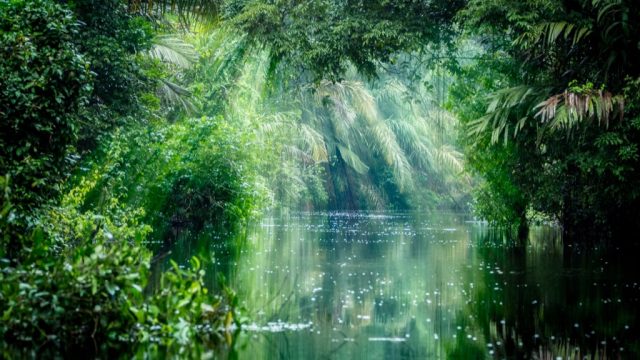
Though planet Earth quite literally provides us with everything we could ever want or need, we humans have a tendency to take that for granted. Exhibit A: The global surface temperature of the planet has been on the rise pretty consistently, and NASA notes that “the main cause of the current global warming trend is human expansion of the ‘greenhouse effect.'” The good news is, that means that we as humans have a chance to make some changes. So, in honor of Earth Day, we’re here to tell you why you should care about the planet—not just for Earth’s sake, but also for your health and livelihood.
1
Because the fishing industry employs and feeds millions of people.
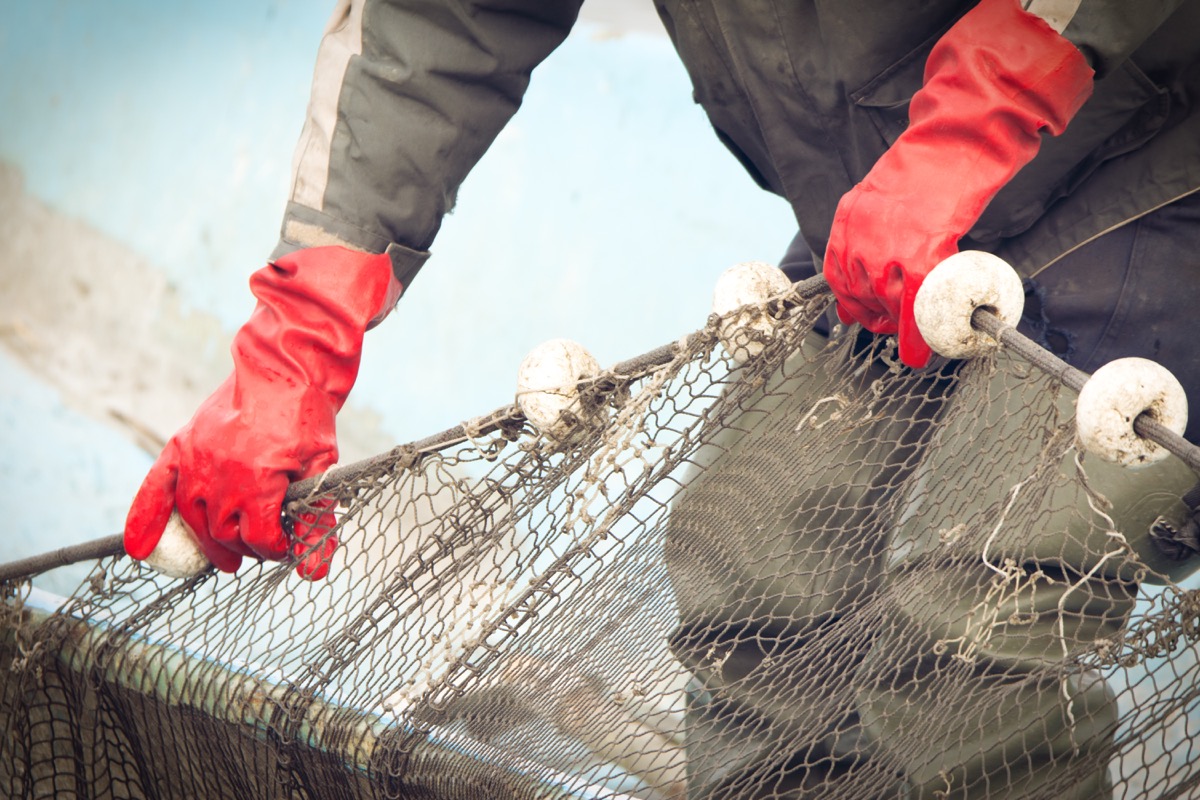
The fishing industry employs more than 56 million people worldwide and provides a lean and cost-effective source of protein to populations everywhere. The problem? Climate change threatens to disrupt all of that.
In a 2019 study published in the journal Science, researchers looked at the populations of 124 species of fish in 38 regions. They found that while 4 percent of populations have benefitted from the ocean’s warmer temperatures, 8 percent have been negatively impacted. “The climate ‘losers’ outweigh the climate ‘winners,'” said study author Christopher Free, a postdoctoral scholar at the University of California, Santa Barbara’s Bren School of Environmental Science and Management.
2
Because climate change is bad for your heart.

It’s easy to ignore what’s going on with climate change when you don’t immediately feel its effects. However, if humans keep doing what we’re doing and don’t start caring about the planet, then these detrimental changes might start hitting closer to home, and much sooner than you think.
According to a 2019 study published in the European Heart Journal, the risk of heat-induced heart attacks has risen over the past three decades, particularly from 2001 to 2014. The study’s lead researcher, Dr. Alexandra Schneider, said, “Greater consideration should be given to high temperatures as a potential trigger for heart attacks—especially in view of climate change.”
3
Because forest fires are deadly and destructive.
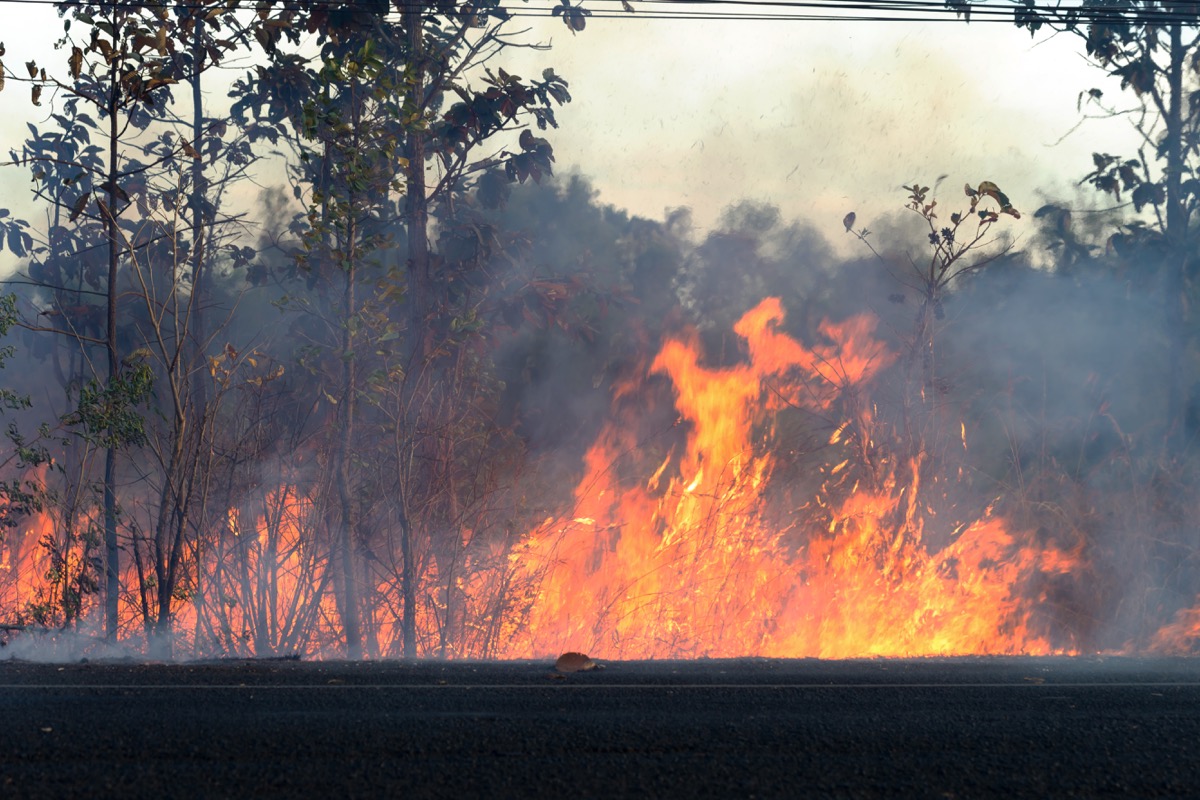
As climate change worsens, so do the forest fires ravaging places like California and India.
According to 2018 research published in the journal Geophysical Research Letters, the drier winters and warmer springs and summers created by global warming have resulted in climates more suitable to wildfires. “We think that by having warmer oceans and warmer temperatures in general, we’re going to see higher evaporation and heat transfer, and thus higher frequency of convective storms that in turn results in more lightning-ignited fires,” said Portland State University geography professor Andrés Holz, the study’s co-lead author.
4
Because we need freshwater to live.
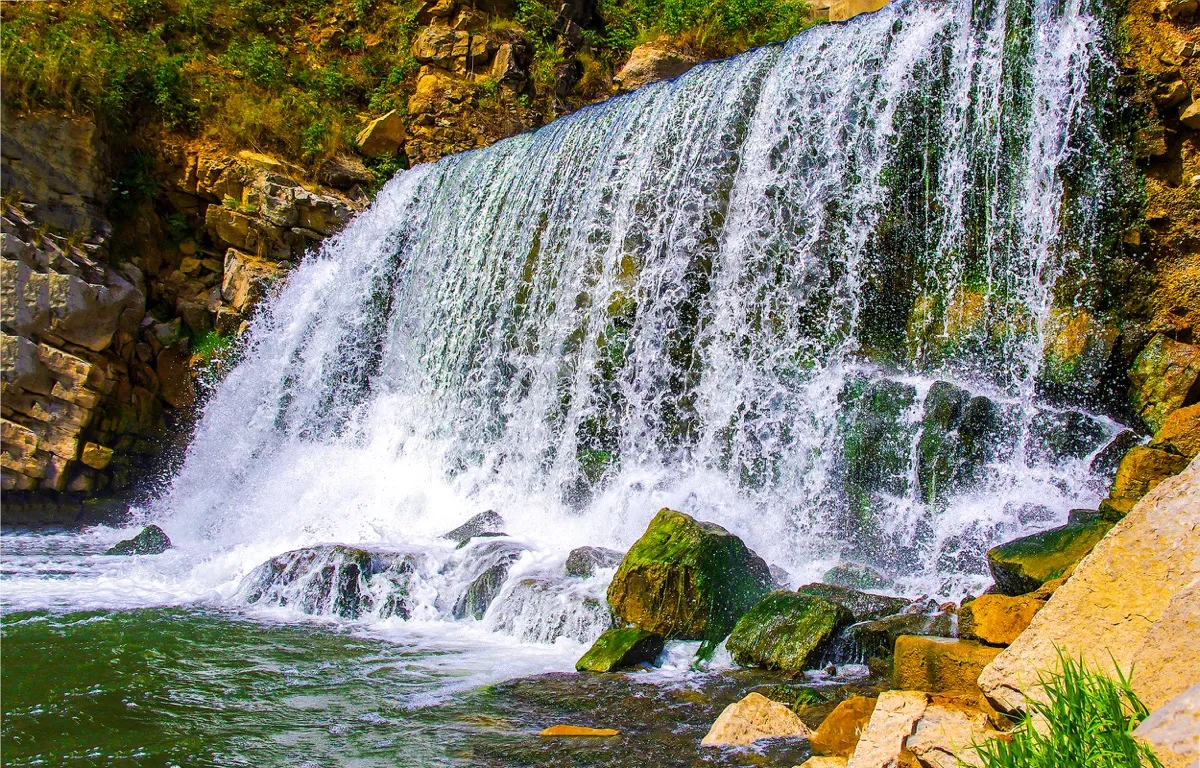
“The freshwater resources, such as water falling from the skies and moving into streams, rivers, lakes, and groundwater, provide people with the water they need every day to live,” notes the U.S. Department of the Interior. But climate change has led to an increase in droughts and instances of flooding, both of which are destructive and threaten the world’s water supply.
In terms of the latter, flooding and runoff can contaminate water with bacteria, viruses, and parasites, which lead to diarrheal diseases that cause dehydration. And without clean water to rehydrate, the problem becomes even worse. For example, a 2008 study published in the journal Emerging Infectious Diseases found that after Hurricane Katrina, which was linked to climate change, the number of reported cases of West Nile sharply increased in Louisiana and Mississippi.
5
Because we need clean air to survive.

People who don’t care about Earth have no problem polluting it with harmful chemicals and toxins. However, what they don’t realize is that their actions are likely harming both themselves and those around them. Air pollution, for instance, has been associated with health issues like asthma and heart attacks. And per the CDC, water pollution can cause everything from reproductive issues to neurological disorders.
6
Because skin cancer is deadly and on the rise.

Thanks to depletions in the ozone layer caused by climate change, skin cancer is more of a health issue than ever before.
A 2009 study published in the Journal of the Royal Society of Medicine concluded that “ozone depletion has lead to an increase in skin cancers” that is “still rising.” Plus, with temperatures getting higher and drier, scientists hypothesize that more people will be spending more time outside in the coming months and years, which will increase their UV exposure and therefore their risk of skin cancer.
7
Because we’re slowly losing animal species.
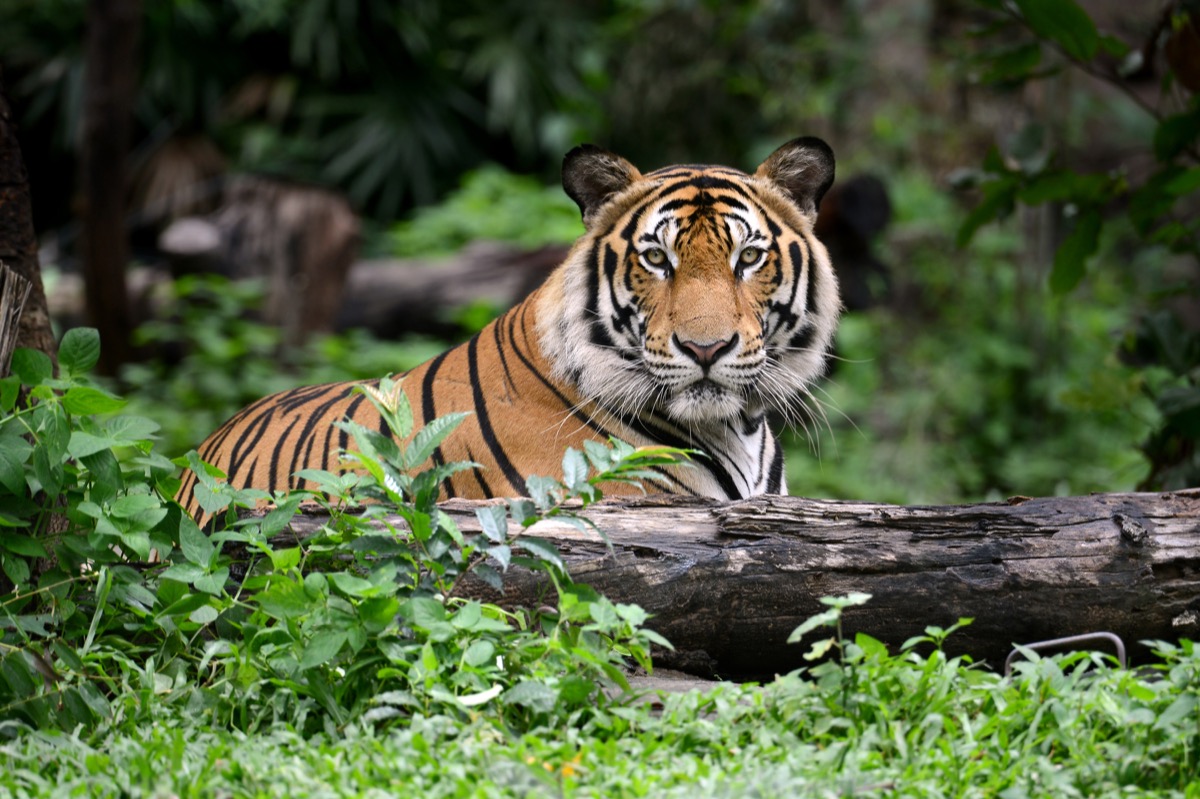
Every day that we don’t do something about the current state of the planet we’re putting more and more animal species at risk. According to the Intergovernmental Panel on Climate Change, just an average rise of 1.5°C could threaten anywhere from 20 to 30 percent of species.
Take tigers, for instance. The World Wildlife Fund reports that there are just 3,200 left in the wild, and climate change threatens to both increase sea levels and cause wildfires in the habitats where these majestic beasts live.
8
Because corn and rice are wonderful food staples.
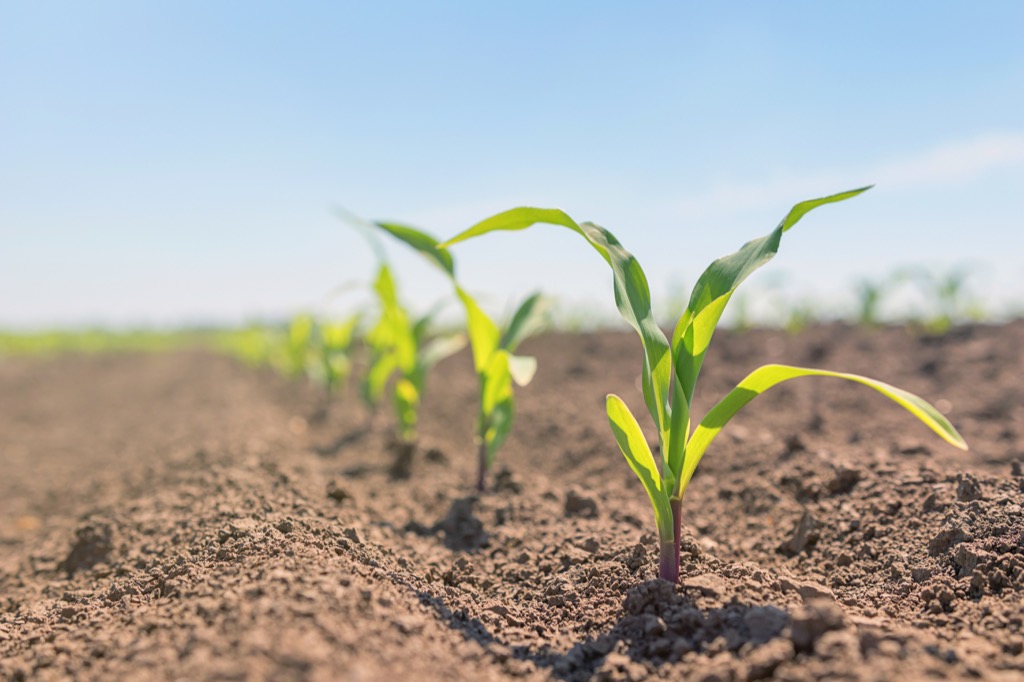
The climbing temperatures brought about by climate change have given rise to larger pest populations—and as a result, farmers and their crops are suffering. A 2018 study published in the journal Science projected that the rice, wheat, and corn industries will see global losses of anywhere from 10 to 25 percent for every degree Celsius that global mean surface temperatures rise.
9
Because no morning is complete without coffee.

If you’re the type of person who can’t get through the day without at least one or two cups of coffee, then you might want to start caring a little bit more about climate change. Like many other crops, coffee plants have been hit heavily by hotter temperatures and rising insect populations. If changes aren’t made soon, the world could see a dwindling coffee supply and significant price hikes.
10
Because honey is delicious.
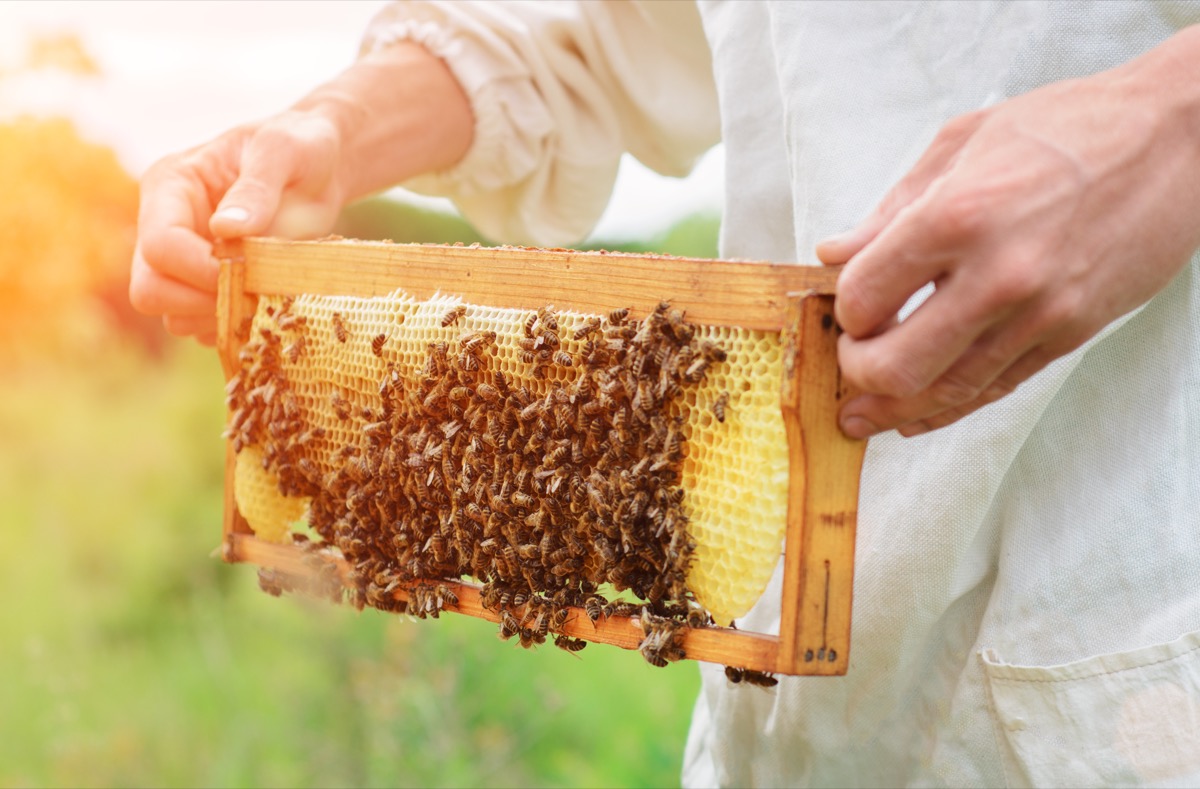
Global climate change is causing Earth to warm up at unprecedented rates, and bees still haven’t found a way to adapt to the new temperatures. Even if you aren’t a fan of these painful pests—they do sting us, after all—this still concerns you if you’re a fan of honey.
A 2018 report from the National Agricultural Statistics Service and the USDA found that production of the substance declined 9 percent from 2016 to 2017 for producers with five or more colonies. What’s more, honey prices increased 2 percent in the same time frame, making it more difficult to get access to what’s left out there to buy.
11
Because beer is delicious (and it could be in short supply soon).

When you break beer down to its core ingredients, all the alcohol really is is barley, a crop that needs water and moisture to thrive. And seeing as global climate change has caused severe droughts and heat waves all over the world in the past decade, ignoring Earth’s well-being could mean the demise of the beer industry.
In fact, a 2018 study published in the journal Nature Plants found that severe climate events have, on average, caused a 16 percent reduction in global beer consumption and a 200 percent increase in prices.
12
Because every single living being is impacted somehow by climate change.

From birds and bees to trees and coffee beans, every single living thing relies on planet Earth and its resources to remain alive. Without a healthy planet, humans, animals, plants, and everything in between have nowhere to live and nothing to survive on.
But unlike stagnant spruces and thumbless tarantulas, only we humans have the ability to make a change and ensure that Earth sticks around for centuries to come.
13
Because it’s easy to care.

Admittedly, the idea of living a more eco-friendly lifestyle can be daunting. However, it’s surprisingly easy to slightly alter your everyday life for the sake of Earth and the environment. Energy provider Good Energy suggests starting the transition by eating less meat, composting more, and recycling everything you can. There are a myriad of small ways to make a big difference. And for more suggestions on improving our planet, check out How to Help the Earth if You’re in Your 50s.
To discover more amazing secrets about living your best life, click here to follow us on Instagram!